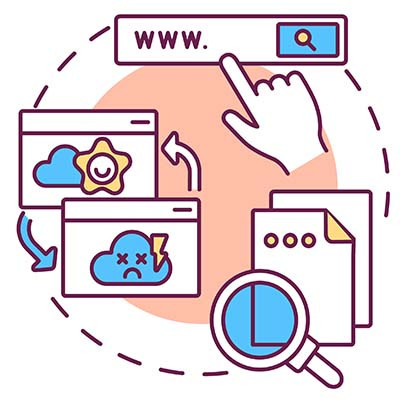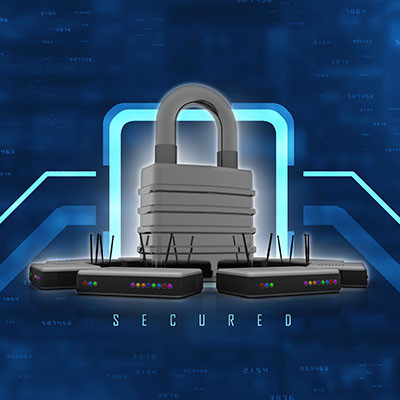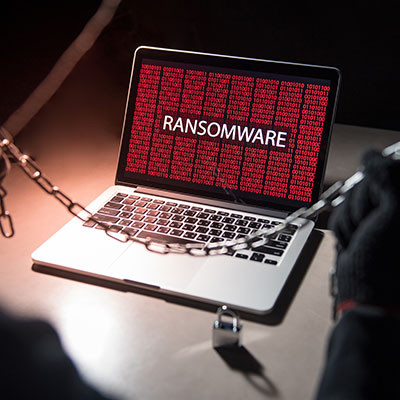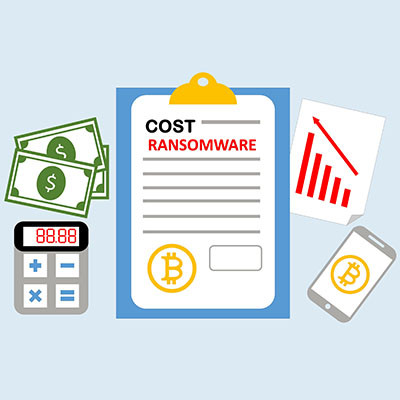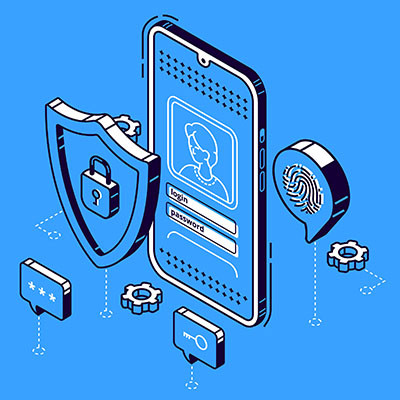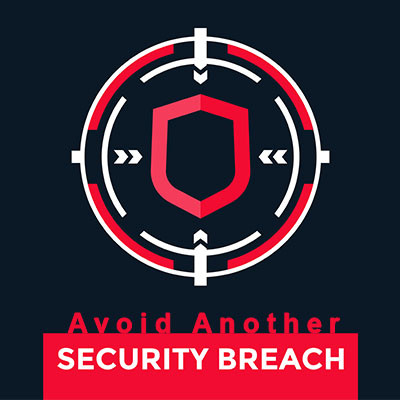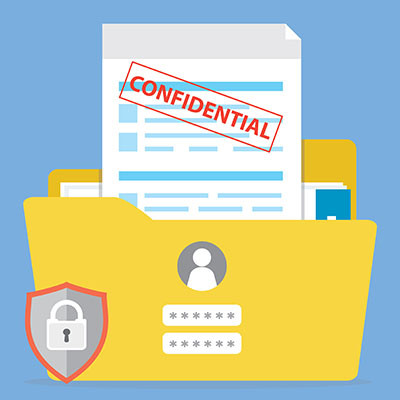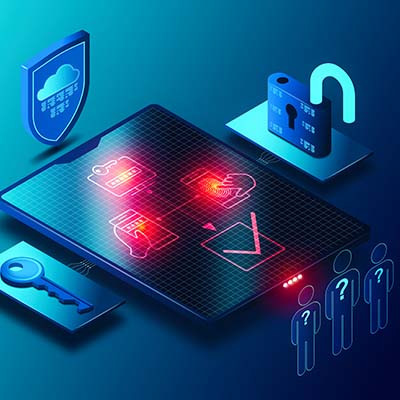It’s all well and good for us to recommend that you avoid phishing attacks and infected attachments simply by not clicking on the links in emails and other popular vectors of attacks, but the fact of the matter is that you might need to click on one at some point. In this case, it’s best to check the link before clicking it, and we’re here to offer tools to help you do so.
Phantom Technology Solutions Blog
If you have ever forgotten your wireless router’s password, then you know that a factory reset might be imminent—assuming of course that you have changed your password in the first place (which you should have). For situations like these where you want to avoid a factory reset, you can use this router password repository to find your default credentials.
Malware has plagued anyone using technology for a long time, and while security has certainly gone a long way toward protecting users from malware, so too have the threats grown more powerful and dangerous—especially for businesses. Let’s take a look at some common ways individuals might find themselves with a malware problem.
Ransomware is an incredibly potent threat that has ravaged the cybersecurity landscape for several years now. Many users who get struck by ransomware feel like they have no choice but to pay the ransom, but others have banded together to create a community of resilience in the face of such a threat. Thanks to the efforts of one particular agency, victims of malware can enjoy access to malware removal tools for free.
There’s nothing more intriguing than finding a random USB drive while cleaning up your office or while out and about. You might feel the urge to plug it in and discover its contents, but we are here to tell you that this is often a bad idea—particularly if the drive is unfamiliar to you. Unlike cloud storage, which is quite transparent, you don’t know what’s on a USB drive until you plug it in, and it’s often too late by the time this happens.
We apologize for the pun, but we couldn’t help ourselves.
When you go about your business and attempt to onboard a new client or implement a new tool for your company, you spend time getting to know what your business is doing and why. Well, a newly formed ransomware group will spend up to two weeks mapping your network before launching its attacks, making it a potent threat actor that you should keep an eye out for on your business network.
Mobile devices have cemented themselves in day-to-day life, so much so that people feel uncomfortable when they don’t know where their smartphone is or if they don’t have it on their person. Furthermore, devices can keep track of your location; this goes for the applications on your device, as well. How do you keep track of which devices have these privileges, and what do you do to manage them?
Imagine your business becomes the target of a ransomware attack. The situation is dire, and you need access to your data. You decide to pay the ransom, even though all security professionals advocate for the opposite. The worst is behind you, you think. This is unfortunately not the case; there are countless other costs that ransomware can bring to the table, and none of them are good. Let’s examine the true cost of ransomware beyond just the ransom.
Business technology is far from the easiest thing to manage, and it’s mostly because managing technology is not the sole focus of companies (unless you’re us, of course). If you can’t overcome your IT challenges, your business could be held back needlessly. Let’s go over some of the common issues your organization might face with regards to technology management and maintenance.
Phishing is a serious matter, so serious that it is responsible for a quarter of all data breaches. Therefore, you need to consider it a threat to your business, whether you think these attacks are obvious or not. Phishing is a popular tool in the hacker’s arsenal, so you should be prepared to address it with your staff to preserve your business’ future.
Whether you are sitting on a warm beach, taking a scenic train ride out into the countryside, or camping at the foot of a mountain, a vacation can be a great way to disconnect from the everyday buzz of work and screens. Although, if you are like me, you probably bring a few screens with you… let’s assume you keep it to a minimum. Either way, it’s important to not set yourself up for failure when you get back.
If you want to secure your online accounts, then this starts with proper password practices. A good password can make all the difference in securing an account, and despite us constantly advocating for additional solutions and security measures, you should never discredit the importance of a password. Let’s go over some of the best ways you can use better passwords in your day-to-day lives.
The modern business is faced with countless challenges that threaten its existence, many of which stem from the problems associated with network security. If a business doesn’t have policies, procedures, and solutions in place that protect its data and network, it is making a fatal mistake. Here are five suggestions we have for how you can ensure your network is best protected from security threats.
If you have ever asked yourself if it’s possible to protect a specific file or folder on your computer using built-in Windows functionality, then the answer is yes, it is possible. With some very basic file encryption, you can protect a file on your computer… as long as you aren’t expecting military-grade encryption or security, anyway.
There are few things more important than network security for businesses, and all it takes is one or two mistakes to completely derail all of your efforts. Let’s take a look at network security faux pas, as well as how you can address these issues in an effective way. Here are some mistakes your business might be making in terms of network security and how they can be addressed.
Remote circumstances have forced businesses to ask themselves some hard questions, specifically in regards to network security and cybersecurity. We all know that it’s important, but a zero-trust model takes things to a whole other level. Let’s take a look at this concept and why it might be just the model you need to guarantee maximum security for your company.

